Shipping goods from China to Brazil can be a complex yet rewarding endeavor for businesses looking to expand their international reach. With varying costs, transit times, and logistical challenges, understanding the nuances of the shipping process is crucial for success. In this article, we will explore the key factors influencing shipping costs, effective strategies to reduce expenses, and offer guidance on selecting the right shipping company. Whether you are new to importing or seeking to optimize your shipping operations, these insights will help you make informed decisions and streamline your logistics. Let’s dive into the essentials of shipping from China to Brazil and unlock the potential for cost-effective solutions tailored to your needs.
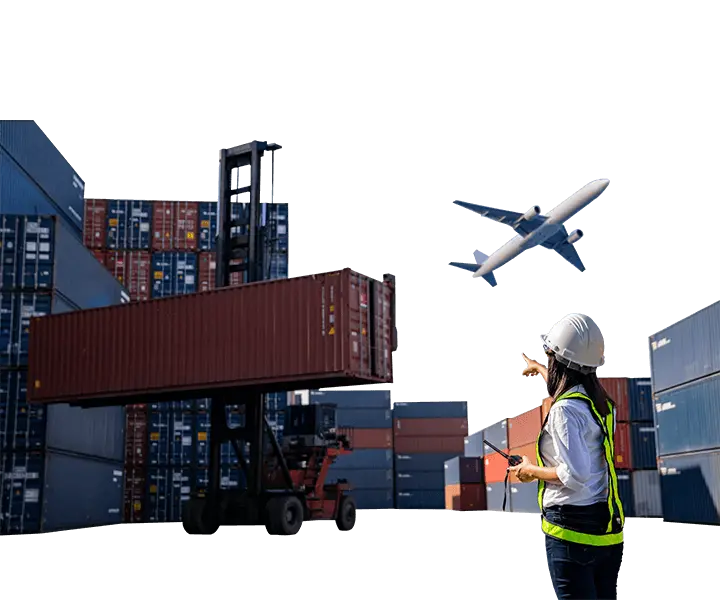
Understanding Shipping from China to Brazil
Overview of the Shipping Process
Shipping goods from China to Brazil involves a multifaceted process that includes several key stages: export documentation, customs clearance, and transportation logistics. Understanding this process is crucial for ensuring timely delivery and compliance with regulatory requirements. First, exporters must prepare the necessary documents, such as the commercial invoice, packing list, and bill of lading. Next, customs clearance is essential; this involves submitting required documents to Brazilian customs to avoid delays. Finally, choosing the appropriate mode of transportation—either air or ocean—will significantly impact shipping costs and delivery times.
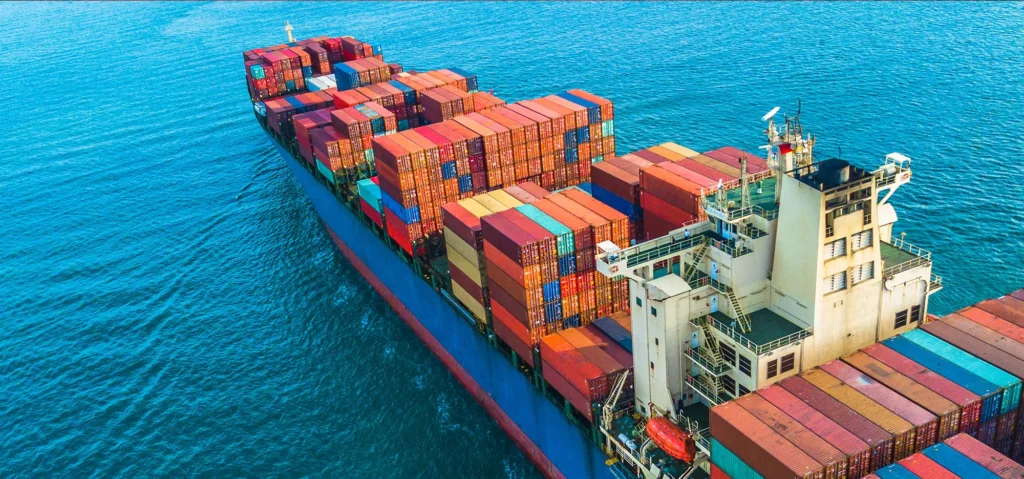
Modes of Shipping
When shipping from China to Brazil, businesses typically choose between two primary modes: ocean freight and air freight. Each mode has its advantages and disadvantages, which can affect overall costs and shipping times.
Ocean Freight
Ocean freight is the most cost-effective method for transporting goods over long distances, particularly for bulky items. There are two main options for ocean freight: Full Container Load (FCL) and Less than Container Load (LCL).
- Full Container Load (FCL): This method is ideal for shippers with enough cargo to fill an entire container. The average cost for FCL shipping from China to Brazil can range from $1,500 to $4,000, depending on container size and port of origin. Shipping times typically range from 30 to 45 days.
- Less than Container Load (LCL): LCL is suitable for smaller shipments that do not require a full container. Costs for LCL shipping can be approximately $100 to $300 per cubic meter, depending on the shipping company and additional fees. The shipping time for LCL generally takes between 35 to 50 days.
Factors such as port choice, fuel prices, and seasonality can also influence both the cost and time associated with ocean freight. For more detailed information on ocean freight services, you can refer to our comprehensive section on Ocean Freight.
Air Freight
Air freight offers a faster alternative to ocean freight, making it ideal for urgent shipments. While it is generally more expensive, it ensures quicker delivery. The average cost for air freight from China to Brazil ranges from $5 to $10 per kilogram, depending on weight and volume.
Shipping times for air freight from China to Brazil typically range from 5 to 10 days, significantly shorter than ocean freight. However, businesses must weigh the benefits of speed against the higher costs associated with air freight.
Read More:
- Shipping From China to the United States
- Shipping From China TO CANADA
- Shipping From China To Netherlands
- Shipping From China To UNITED KINGDOM
- Shipping From China To ALGERIA
- Shipping from China to UAE
- Shipping from China to Saudi Arabia
Importance of Choosing the Right Shipping Company
Selecting the right shipping company is crucial for businesses looking to import goods from China to Brazil. A reputable shipping company can provide several important benefits, including:
- Expertise in Customs Clearance: Efficient handling of customs documentation can save time and prevent costly delays.
- Cost-effective Solutions: The right shipping partner will offer competitive rates and various shipping options tailored to your needs.
- Reliable Tracking and Support: Transparency in tracking shipments ensures that businesses can monitor their goods from departure to arrival.
- Insurance Options: Protecting your cargo against loss or damage is vital, and a professional shipping company can offer comprehensive insurance services.
By choosing Dantful International Logistics as your shipping partner, you gain access to a highly professional, cost-effective, and high-quality one-stop international logistics service provider for global traders. Contact us today to explore our tailored shipping solutions for your business needs.
Dantful International Logistics Services:
- Dantful Ocean Freight Services
- Air Freight From China
- Amazon FBA Freight Forwarding
- WAREHOUSE Services
- One-Stop Customs Clearance Solution
- Cargo Insurance Services in China
- DDP Shipping Services By Dantful Logistics
- Out of Gauge Cargo Transportation Shipping Services
Factors Influencing Shipping Costs from China to Brazil
When determining the shipping costs from China to Brazil, various factors come into play. Understanding these factors can help businesses make informed decisions when selecting their shipping methods and partners.
Distance and Shipping Routes
The distance between China and Brazil varies depending on the specific ports involved in the shipment. Generally, the most common shipping routes include departures from major Chinese ports such as Shanghai, Shenzhen, and Ningbo to Brazilian ports like Santos and Rio de Janeiro. The route taken can significantly affect shipping costs, as some routes may incur higher fuel costs or port fees. Additionally, the more direct the route, the faster the delivery, potentially reducing costs associated with extended transit times.
Weight and Volume of Shipments
The weight and volume of shipments are critical factors in determining shipping costs. Most freight carriers charge based on the greater of the actual weight or the dimensional weight of the shipment. For instance, heavier items will incur higher costs in both ocean and air freight. In contrast, lightweight but bulky items may lead to higher charges due to their volume. Therefore, shippers should accurately calculate the dimensions and weight of their cargo before shipping to avoid unexpected costs.
Type of Goods
The type of goods being shipped can also influence shipping costs. Certain items, such as hazardous materials or perishable goods, may incur additional regulations and handling fees. Moreover, some carriers may have restrictions on specific types of cargo, which can limit shipping options and increase costs. Understanding the nature of the goods being transported is essential for calculating accurate shipping expenses.
Seasonal Variations
Shipping costs can fluctuate based on seasonal demand. During peak seasons, such as holidays or major sales events, the demand for shipping services often increases, leading to higher rates. For example, shipping rates may surge during the Chinese New Year or Black Friday in Brazil. Conversely, off-peak seasons may offer more competitive pricing. Businesses should consider these seasonal variations and plan their shipments accordingly to optimize costs.
Additional Services
Additional services provided by shipping companies can also impact overall costs. Services such as customs clearance, insurance, and warehousing may incur extra charges. For instance, opting for insurance services can safeguard your goods but will add to the shipment’s cost. Understanding the full range of services offered by your shipping partner allows you to make informed decisions that can help manage overall shipping expenses effectively.
Comparing Shipping Companies
When it comes to selecting a shipping company for transporting goods from China to Brazil, a thorough comparison of various providers is essential. Below are some key criteria to consider when comparing shipping companies.
Criteria for Comparison
- Cost: The total expense involved in shipping, including base rates, fuel surcharges, and any additional fees.
- Reliability and Reputation: The shipping company’s track record in delivering goods safely and on time, as well as customer feedback and industry recognition.
- Transit Time: The expected time taken for shipments to reach their destination, which can vary significantly between shipping modes.
- Customer Service: The quality of support and assistance available to customers throughout the shipping process, including responsiveness and problem-solving capabilities.
Top Shipping Companies
When comparing shipping options, several leading providers excel in the logistics market. Here’s a brief overview of some top players:
- DHL: Renowned for its global reach and air freight services, DHL provides fast shipping solutions, particularly for smaller parcels.
- FedEx: Known for its reliability and express shipping capabilities, FedEx is a popular choice for urgent shipments.
- Dantful International Logistics: Offering a comprehensive range of services, Dantful combines cost-effectiveness with high-quality customer support and is an excellent option for businesses needing tailored logistics solutions.
Comparative Table with Key Metrics
| Shipping Company | Cost (Approx.) | Reliability | Transit Time (Days) | Customer Service |
|---|---|---|---|---|
| DHL | High | Excellent | 5-10 | 24/7 Support |
| FedEx | High | Excellent | 5-7 | 24/7 Support |
| Dantful International Logistics | Competitive | Very Good | 30-50 (Ocean) | Personalized Support |
This comparison highlights the importance of evaluating each shipping company based on your specific needs and priorities. Choosing the right partner can lead to cost savings, timely deliveries, and better overall logistics management. For an all-in-one solution, consider Dantful International Logistics, which caters to diverse shipping needs with a focus on quality and efficiency. To learn more about our services, contact us today.
Tips for Reducing Shipping Costs
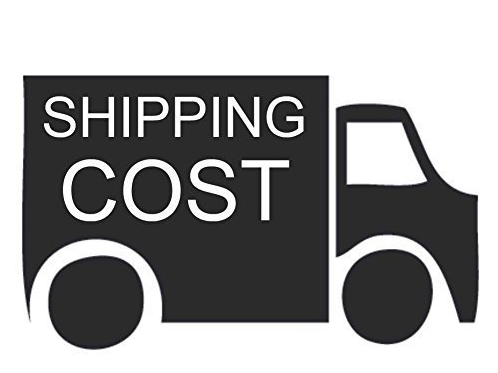
When shipping goods from China to Brazil, minimizing costs without compromising on quality and delivery times is crucial. Here are some effective strategies to help reduce shipping expenses:
Bulk Shipping
Bulk shipping offers significant cost savings, especially when dealing with larger quantities of goods. By consolidating shipments, businesses can take advantage of economies of scale, as shipping carriers often provide lower rates for larger loads. Moreover, shipping in bulk can reduce the frequency of shipments, allowing companies to focus on managing inventory more efficiently. If your business has the capacity for larger orders, consider coordinating bulk shipments to maximize savings.
Flexible Shipping Dates
Having flexible shipping dates can lead to substantial savings. Many shipping companies offer lower rates for shipments scheduled during off-peak seasons or non-urgent delivery timelines. By planning shipments around less busy times, businesses can take advantage of reduced rates and avoid additional charges associated with peak season demand. Consider using freight forwarders like Dantful International Logistics, who can provide guidance on optimal shipping schedules and best practices for cost efficiency.
Negotiating with Shipping Companies
Another effective way to reduce shipping costs is by negotiating with shipping companies. If your business frequently ships goods, establish a relationship with your logistics provider and discuss potential discounts for bulk shipments or regular trade. Many shipping companies are willing to offer competitive pricing for loyal customers or those who can guarantee a consistent volume of shipments. When negotiating, be sure to highlight your shipping needs and explore various service options that might reduce costs.
FAQs
Here are some frequently asked questions that users typically have when shipping from China to Brazil:
- What is the average shipping time from China to Brazil?
- Shipping times can vary depending on the mode of transport. Ocean freight typically takes between 30 to 50 days, while air freight can range from 5 to 10 days.
- How can I track my shipment?
- Most shipping companies provide tracking services. You can use the tracking number provided by your logistics provider to monitor your shipment’s status online.
- What are the customs clearance requirements for shipping to Brazil?
- Customs clearance in Brazil requires documentation such as a commercial invoice, packing list, and bill of lading. It is recommended to work with a logistics partner that offers customs clearance services to ensure compliance with Brazilian regulations.
- Are there any limitations on the types of goods I can ship?
- Yes, certain items such as hazardous materials, perishable goods, and prohibited items may have restrictions or require special handling. Always check with your shipping company for their policies.
- Can I insure my shipment?
- Yes, most shipping companies offer insurance services to protect your goods against loss or damage during transit. It is advisable to consider insurance for high-value shipments.
References
- World Bank – Logistics Performance Index: World Bank Logistics Performance
- DHL – Guide to Shipping to Brazil: DHL Shipping to Brazil
- FedEx – International Shipping Services: FedEx International
- U.S. Customs and Border Protection – Importing Goods: Importing Goods

Young Chiu is a seasoned logistics expert with over 15 years of experience in international freight forwarding and supply chain management. As CEO of Dantful International Logistics, Young is dedicated to providing valuable insights and practical advice to businesses navigating the complexities of global shipping.
The other language versions of this article
- اكتشف أرخص شركة شحن من الصين إلى البرازيل
- Ontdek de goedkoopste rederij van China naar Brazilië
- Découvrez la compagnie maritime la moins chère de la Chine au Brésil
- Entdecken Sie das günstigste Versandunternehmen von China nach Brasilien
- Scopri la compagnia di spedizioni più economica dalla Cina al Brasile: Dantful
- Descubra la empresa de envío más barata de China a Brasil
- Descubra a empresa de transporte mais barata da China para o Brasil
- Откройте для себя самую дешевую транспортную компанию из Китая в Бразилию
- Çin’den Brezilya’ya En Ucuz Nakliye Firmasını Keşfedin


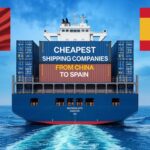







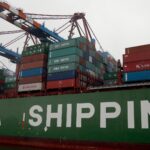
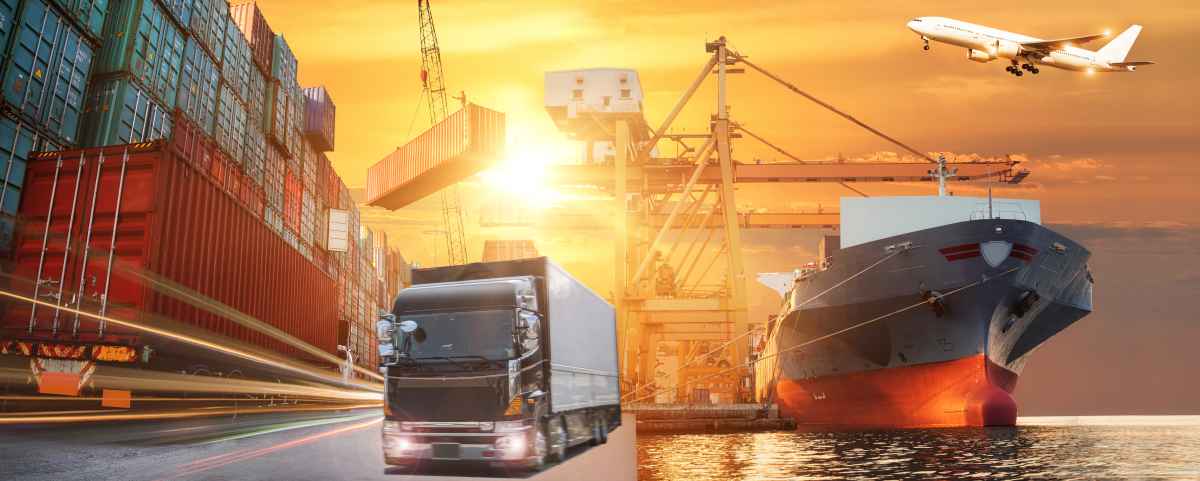
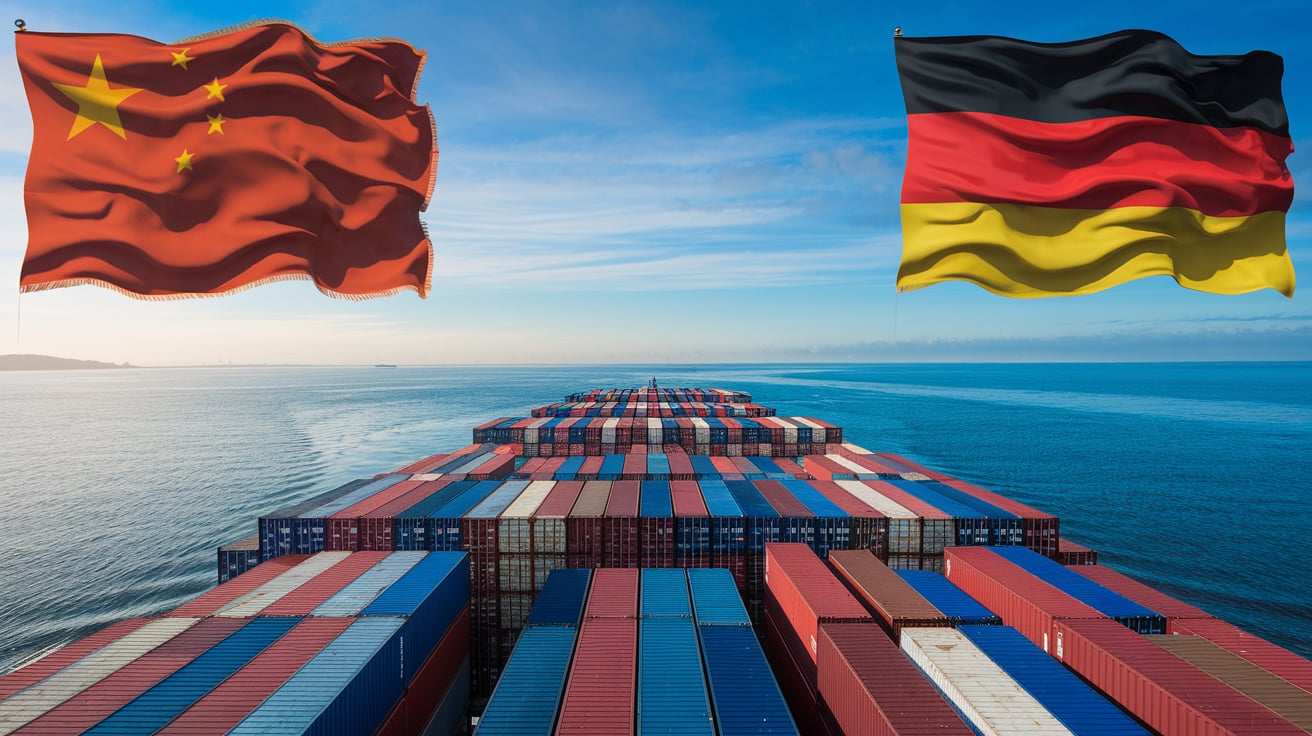
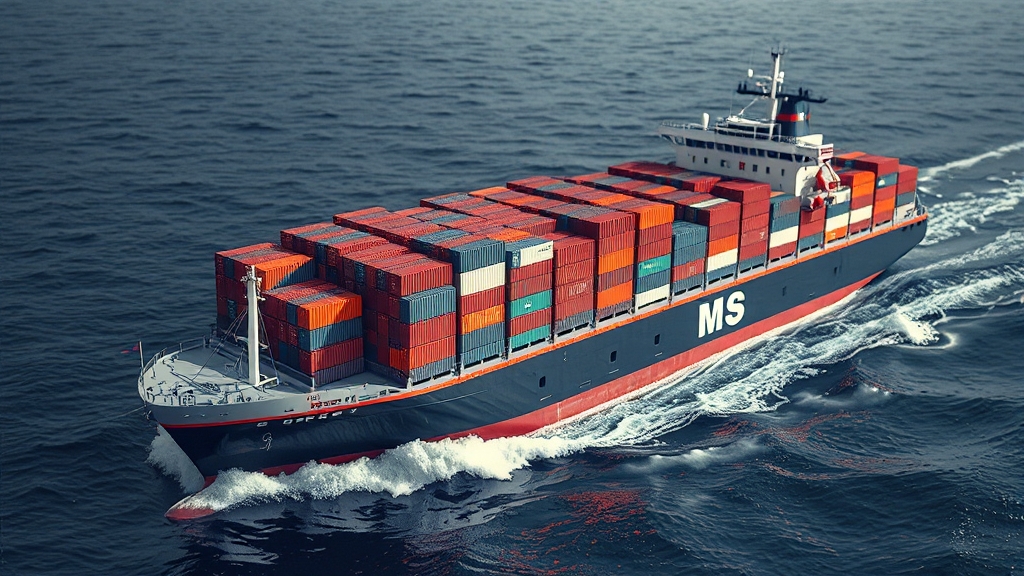
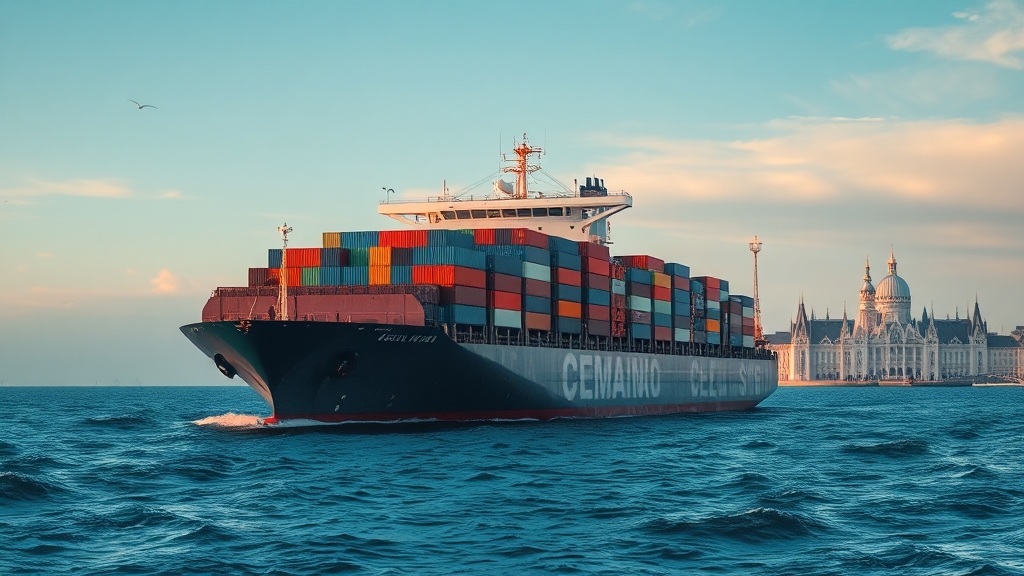
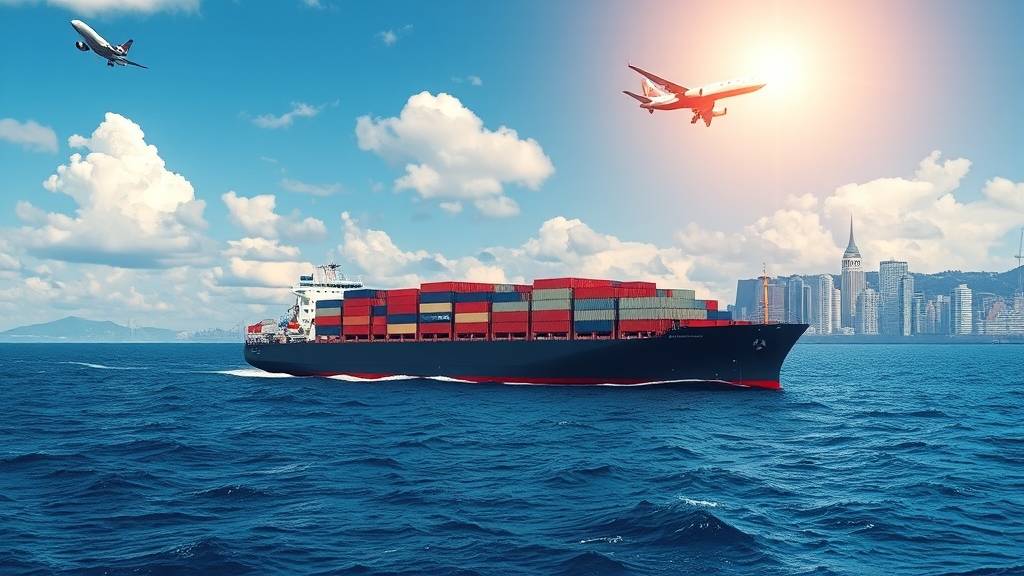





 Afrikaans
Afrikaans Shqip
Shqip አማርኛ
አማርኛ العربية
العربية Հայերեն
Հայերեն Azərbaycan dili
Azərbaycan dili Euskara
Euskara Беларуская мова
Беларуская мова বাংলা
বাংলা Bosanski
Bosanski Български
Български Català
Català Cebuano
Cebuano Chichewa
Chichewa 简体中文
简体中文 繁體中文
繁體中文 Corsu
Corsu Hrvatski
Hrvatski Čeština
Čeština Dansk
Dansk Nederlands
Nederlands English
English Esperanto
Esperanto Eesti
Eesti Filipino
Filipino Suomi
Suomi Français
Français Galego
Galego ქართული
ქართული Deutsch
Deutsch Ελληνικά
Ελληνικά Kreyol ayisyen
Kreyol ayisyen Harshen Hausa
Harshen Hausa Ōlelo Hawaiʻi
Ōlelo Hawaiʻi עִבְרִית
עִבְרִית हिन्दी
हिन्दी Hmong
Hmong Magyar
Magyar Íslenska
Íslenska Igbo
Igbo Bahasa Indonesia
Bahasa Indonesia Gaeilge
Gaeilge Italiano
Italiano 日本語
日本語 Basa Jawa
Basa Jawa ಕನ್ನಡ
ಕನ್ನಡ Қазақ тілі
Қазақ тілі ភាសាខ្មែរ
ភាសាខ្មែរ 한국어
한국어 كوردی
كوردی Кыргызча
Кыргызча ພາສາລາວ
ພາສາລາວ Latin
Latin Latviešu valoda
Latviešu valoda Lietuvių kalba
Lietuvių kalba Lëtzebuergesch
Lëtzebuergesch Македонски јазик
Македонски јазик Malagasy
Malagasy Bahasa Melayu
Bahasa Melayu മലയാളം
മലയാളം Maltese
Maltese Te Reo Māori
Te Reo Māori मराठी
मराठी Монгол
Монгол ဗမာစာ
ဗမာစာ नेपाली
नेपाली Norsk bokmål
Norsk bokmål پښتو
پښتو فارسی
فارسی Polski
Polski Português
Português ਪੰਜਾਬੀ
ਪੰਜਾਬੀ Română
Română Русский
Русский Samoan
Samoan Gàidhlig
Gàidhlig Српски језик
Српски језик Sesotho
Sesotho Shona
Shona سنڌي
سنڌي සිංහල
සිංහල Slovenčina
Slovenčina Slovenščina
Slovenščina Afsoomaali
Afsoomaali Español
Español Basa Sunda
Basa Sunda Kiswahili
Kiswahili Svenska
Svenska Тоҷикӣ
Тоҷикӣ தமிழ்
தமிழ் తెలుగు
తెలుగు ไทย
ไทย Türkçe
Türkçe Українська
Українська اردو
اردو O‘zbekcha
O‘zbekcha Tiếng Việt
Tiếng Việt Cymraeg
Cymraeg יידיש
יידיש Yorùbá
Yorùbá Zulu
Zulu